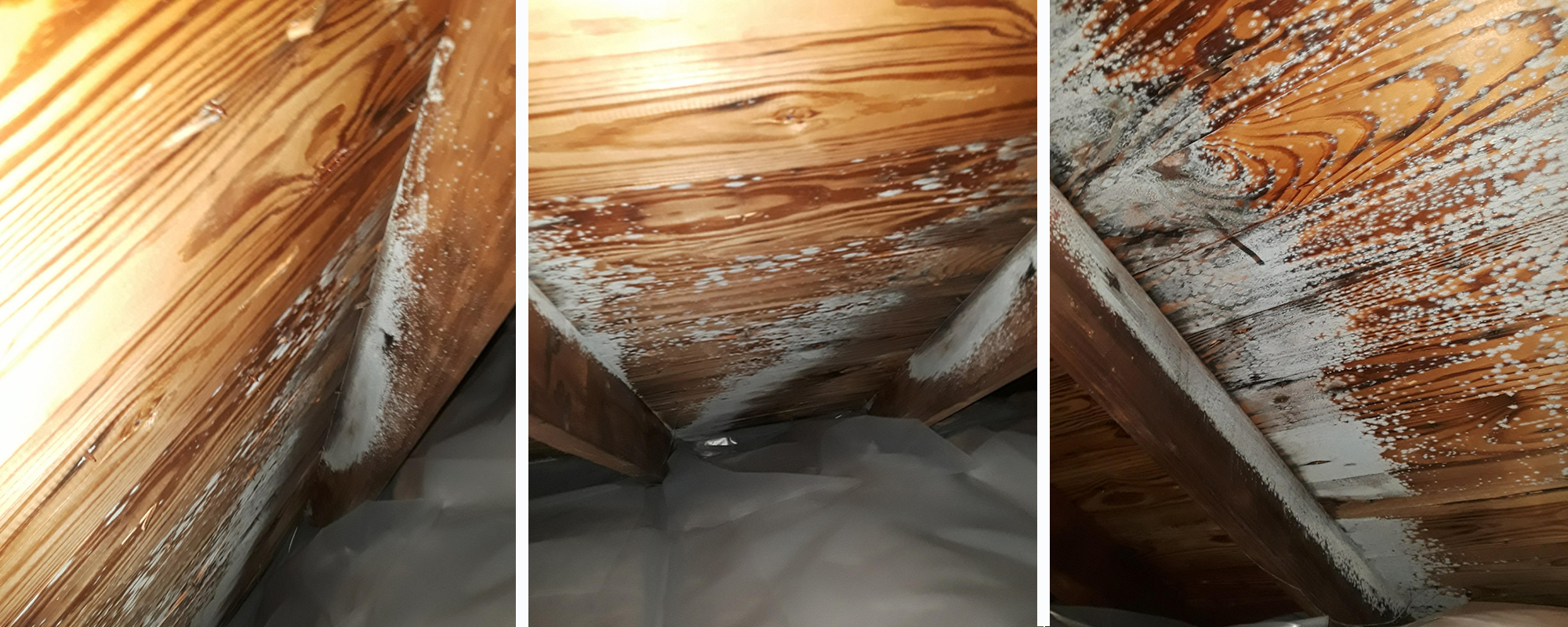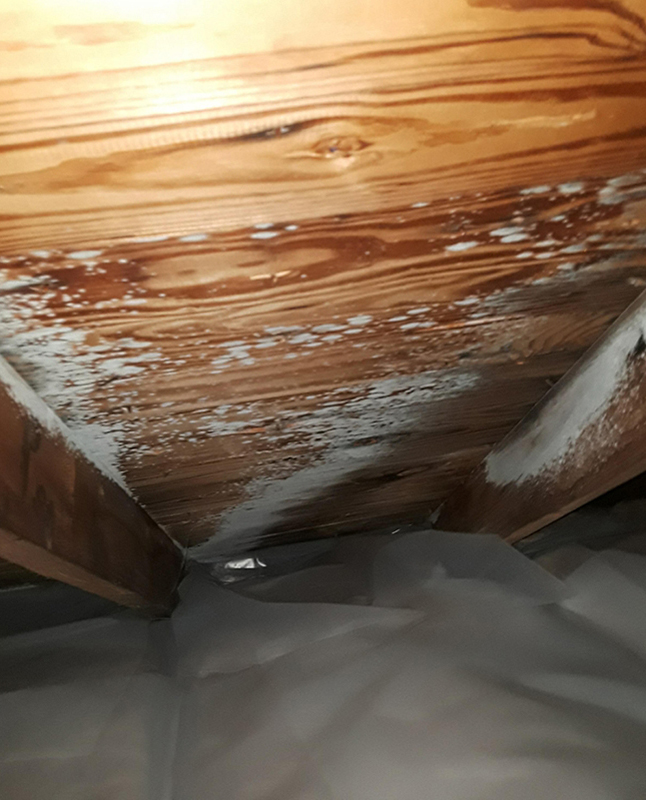 Winter has come around once again in South Jersey, and as usual, it’s as unpredictable as ever. South Jerseyans have seemingly come to expect the unusual weather patterns that we see each winter. As we’ve said time and time again, South Jersey’s weather patterns can be rather unpredictable – especially during wintertime. The temperature could be 50º and sunny one week, and snowing the next. Residents of South Jersey are wise to prepare for the most extreme weather conditions, even though we are not quite sure if we will end up experiencing them. This helps us to prepare, or “winterize” our homes in a way that they are prepared for anything. We like to use the phrase, “hope for the best, but expect the worst.” When it comes to preventing damage to the home, especially avoiding a frozen attic, this saying should be a motto to live by. A frozen attic may not sound like much, but it can cause a variety of issues within your home, including water damage, mold, roof damage, and more. Do your best to avoid it altogether.
Winter has come around once again in South Jersey, and as usual, it’s as unpredictable as ever. South Jerseyans have seemingly come to expect the unusual weather patterns that we see each winter. As we’ve said time and time again, South Jersey’s weather patterns can be rather unpredictable – especially during wintertime. The temperature could be 50º and sunny one week, and snowing the next. Residents of South Jersey are wise to prepare for the most extreme weather conditions, even though we are not quite sure if we will end up experiencing them. This helps us to prepare, or “winterize” our homes in a way that they are prepared for anything. We like to use the phrase, “hope for the best, but expect the worst.” When it comes to preventing damage to the home, especially avoiding a frozen attic, this saying should be a motto to live by. A frozen attic may not sound like much, but it can cause a variety of issues within your home, including water damage, mold, roof damage, and more. Do your best to avoid it altogether.
What Causes An Attic To Freeze?
The attic tends to be an area of the home that experiences improper ventilation and excess moisture. Many homeowners do not realize that their attics are experiencing excess moisture. When this excess moisture comes into contact with extreme cold temperatures, it causes a frozen attic. Ice in your attic may seem like no big deal. However, when temperatures rise back up and this ice begins to melt, this can cause severe moisture damage. Moisture damage can affect porous building materials within the attic, causing mold and structural damage.
A frozen attic indicates underlying moisture issues within your home. It can be more easily overlooked because it is frozen, and is not as visible as it would be in its liquid form. A frozen attic is common in South Jersey homes during the winter as many properties’ attics suffer from excess moisture. Whether it be due to a lack of proper ventilation, air leakage from the main living space, or something else altogether, elevated moisture is always the culprit behind a frozen attic.
Problems That Can Arise From A Frozen Attic
 A frozen attic caused by excess moisture can cause structural damage to your home. While still frozen, the ice itself is relatively harmless. When this ice begins to melt is when problems can begin to arise. Water damage will begin infiltrating your attic’s porous building materials, and can even begin to seep down into the main living space. This water damage can create the perfect environment for mold to grow if not treated properly.. Mold can develop in as little as 24 to 48 hours under the right conditions, so it is important to be vigilant. Not only can mold diminish the structural integrity and property value of your home, it can also pose potential health implications to individuals who have sensitivities to certain allergens.
A frozen attic caused by excess moisture can cause structural damage to your home. While still frozen, the ice itself is relatively harmless. When this ice begins to melt is when problems can begin to arise. Water damage will begin infiltrating your attic’s porous building materials, and can even begin to seep down into the main living space. This water damage can create the perfect environment for mold to grow if not treated properly.. Mold can develop in as little as 24 to 48 hours under the right conditions, so it is important to be vigilant. Not only can mold diminish the structural integrity and property value of your home, it can also pose potential health implications to individuals who have sensitivities to certain allergens.
In the event that you discover your attic is frozen, don’t hesitate to contact a local professional mold inspection company to assess the damage. A professional will have all the proper training and equipment needed to determine the source of moisture, the extent of the damage, and develop a scope of work for treatment if necessary. When it comes to preventing further moisture damage and to avoid a frozen attic in the future, moisture control is key.
Avoid A Frozen Attic This Winter
It can seem intimidating to avoid a frozen attic, maybe even impossible. The truth is that it is necessary for the structural well being of your home. It isn’t quite as difficult as it may seem, it comes down to preventing and minimizing moisture in this area of the home. It can be as simple as monitoring humidity and moisture levels in your attic, providing proper ventilation to minimize moisture, or even employing the use of a dehumidifier. Ideal humidity levels within areas of the home should stay between 35% and 50% at any given time. You should be regularly checking for leaks, maintaining your insulation, roof and gutters, and promoting adequate air circulation to minimize moisture in your attic as much as possible. These tips can help you maintain a healthy, safe and happy home for you and your family.


